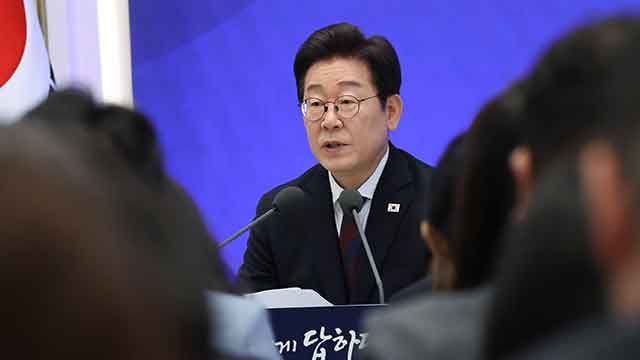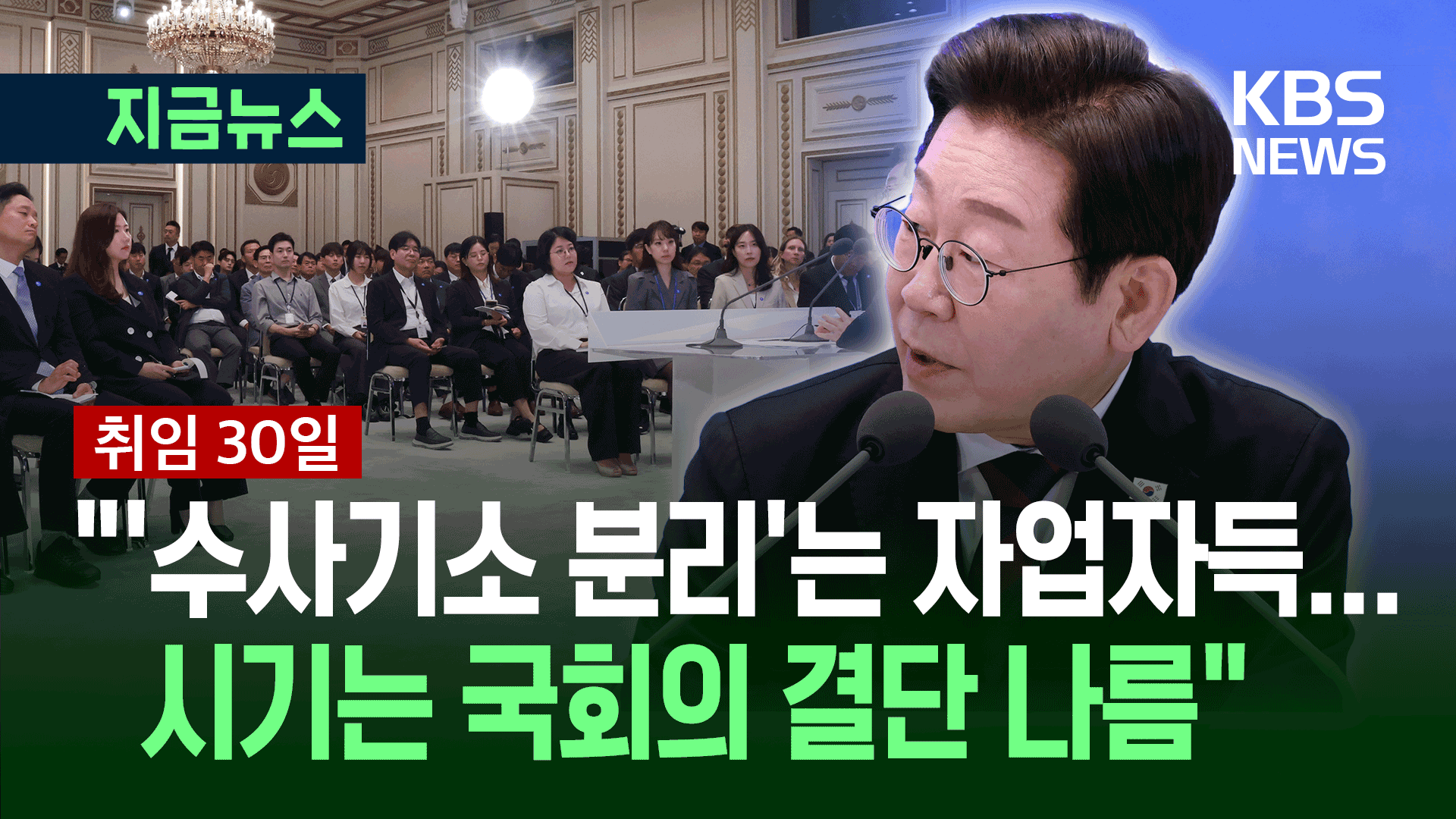[News Today] DEFLATION OF SOJU, COFFEE
입력 2024.12.11 (16:12)
수정 2024.12.11 (16:16)
읽어주기 기능은 크롬기반의
브라우저에서만 사용하실 수 있습니다.
[LEAD]
Last month, consumer prices rose only 1.5%. Despite this modest increase, the long-term accumulation of high prices means consumers still feel high inflation. However certain items like coffee and soju have recently seen deflation, but not for the best reasons.
[REPORT]
A restaurant in Seoul is selling soju at just 1,000 won or 70 cents, which is lower than the retail price.
The promotion, first introduced to attract customers during the pandemic, continues to this day.
Kim Do-gyung / Restaurant owner
I thought things would turn around post pandemic. My expectations are dashed.
Recently, many stores have offered drastic discounts on soju, which has been reflected in Statistics Korea’s price survey. It shows that dining-out soju prices have recorded negative growth for three consecutive months.
It's a similar situation with coffee. Despite market leader Starbucks raising its prices, overall coffee prices have gone down.
Some companies, threatened by low cost brands, have rolled out half price discounts, which were reflected in Statistics Korea's survey.
This has created an irony of consumers feeling the burden of pricier coffee while data shows deflation.
Kim Ji-hyun / Seoul resident
Coffee prices are a burden. Everything is rising except my salary.
Hwang Seon-young / Seoul resident
These days, I bring instant coffee from home to buy less takeout coffee.
Retail sales, a barometer of public consumption, continue to fall for the 10th quarter.
The percentage of spending in households' disposable income has also dipped to the 60% range for the first time in seven quarters.
Cho Young-moo / LG Business Research
Consumers are increasing spending overseas, rather than at home, dealing a blow to domestic demand and the self-employed. This is why recovery is slow.
Recessionary deflation, caused by drastic discounts to encourage consumption, well portrays the current time of sluggish domestic demand.
■ 제보하기
▷ 카카오톡 : 'KBS제보' 검색, 채널 추가
▷ 전화 : 02-781-1234, 4444
▷ 이메일 : kbs1234@kbs.co.kr
▷ 유튜브, 네이버, 카카오에서도 KBS뉴스를 구독해주세요!
- [News Today] DEFLATION OF SOJU, COFFEE
-
- 입력 2024-12-11 16:12:48
- 수정2024-12-11 16:16:05
[LEAD]
Last month, consumer prices rose only 1.5%. Despite this modest increase, the long-term accumulation of high prices means consumers still feel high inflation. However certain items like coffee and soju have recently seen deflation, but not for the best reasons.
[REPORT]
A restaurant in Seoul is selling soju at just 1,000 won or 70 cents, which is lower than the retail price.
The promotion, first introduced to attract customers during the pandemic, continues to this day.
Kim Do-gyung / Restaurant owner
I thought things would turn around post pandemic. My expectations are dashed.
Recently, many stores have offered drastic discounts on soju, which has been reflected in Statistics Korea’s price survey. It shows that dining-out soju prices have recorded negative growth for three consecutive months.
It's a similar situation with coffee. Despite market leader Starbucks raising its prices, overall coffee prices have gone down.
Some companies, threatened by low cost brands, have rolled out half price discounts, which were reflected in Statistics Korea's survey.
This has created an irony of consumers feeling the burden of pricier coffee while data shows deflation.
Kim Ji-hyun / Seoul resident
Coffee prices are a burden. Everything is rising except my salary.
Hwang Seon-young / Seoul resident
These days, I bring instant coffee from home to buy less takeout coffee.
Retail sales, a barometer of public consumption, continue to fall for the 10th quarter.
The percentage of spending in households' disposable income has also dipped to the 60% range for the first time in seven quarters.
Cho Young-moo / LG Business Research
Consumers are increasing spending overseas, rather than at home, dealing a blow to domestic demand and the self-employed. This is why recovery is slow.
Recessionary deflation, caused by drastic discounts to encourage consumption, well portrays the current time of sluggish domestic demand.
이 기사가 좋으셨다면
-
좋아요
0
-
응원해요
0
-
후속 원해요
0










![[속보] 상법 개정안, 여야 합의로 국회 본회의 통과](/data/layer/904/2025/07/20250703_cherHn.png)
![[속보] 국회, 김민석 총리 임명동의안 가결…국민의힘 표결 불참](/data/layer/904/2025/07/20250703_UCvuiM.png)



이 기사에 대한 의견을 남겨주세요.